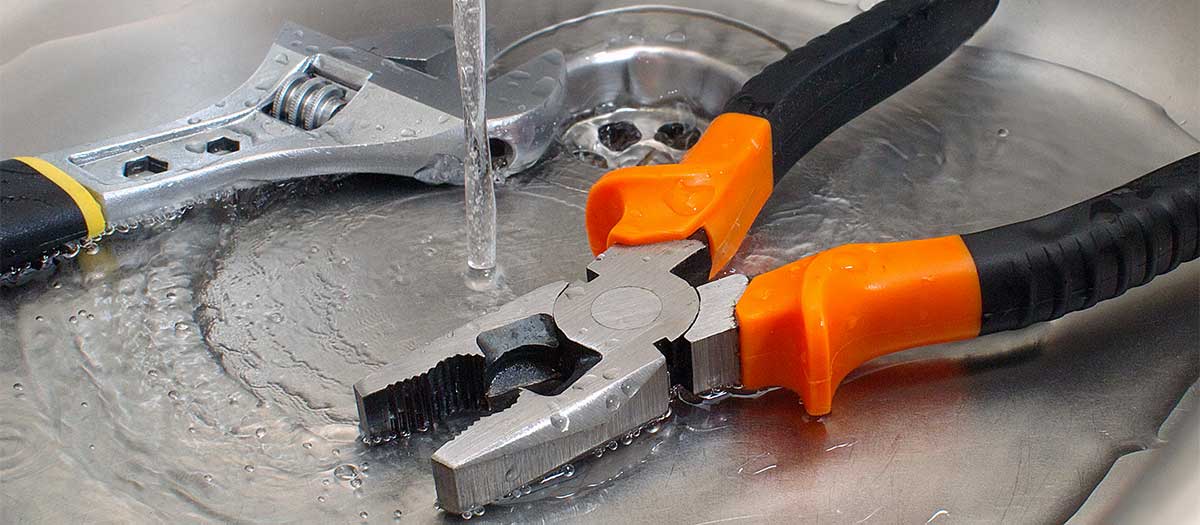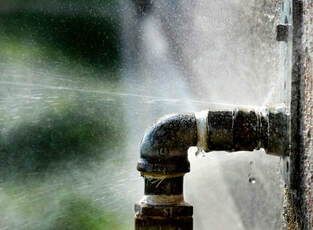Exactly how to Inspect If Your House Has a Covert Leak
Exactly how to Inspect If Your House Has a Covert Leak
Blog Article
Just about every person may have his or her own opinion on the subject of Hacks to detect leaks.

Early detection of dripping water lines can mitigate a possible disaster. Some small water leakages may not be noticeable.
1. Examine the Water Meter
Examining it is a surefire way that helps you discover leaks. If it moves, that suggests a fast-moving leak. This indicates you might have a sluggish leakage that might also be underground.
2. Inspect Water Usage
Examine your water expenses as well as track your water usage. As the one paying it, you must observe if there are any kind of disparities. If you detect sudden changes, regardless of your intake coinciding, it indicates that you have leaks in your plumbing system. Keep in mind, your water bill ought to fall under the same range every month. An abrupt spike in your costs suggests a fast-moving leak.
A constant increase every month, even with the same routines, shows you have a slow-moving leakage that's additionally gradually rising. Call a plumber to thoroughly check your residential property, especially if you really feel a cozy area on your flooring with piping beneath.
3. Do a Food Coloring Examination
When it comes to water intake, 30% comes from toilets. If the color in some way infiltrates your bowl throughout that time without flushing, there's a leakage between the storage tank and also bowl.
4. Asses Outside Lines
Do not fail to remember to examine your outdoor water lines also. Test spigots by connecting a yard hose pipe. Must water seep out of the connection, you have a loosened rubber gasket. Change this and make sure all links are limited. It will assist get it properly examined as well as preserved each year if you have actually obtained a sprinkler system. One tiny leak can squander tons of water as well as increase your water costs.
5. Examine the scenario and also check
Home owners need to make it a behavior to examine under the sink counters and also also inside cupboards for any type of bad odor or mold growth. These two red flags suggest a leak so timely attention is required. Doing regular evaluations, also bi-annually, can conserve you from a significant problem.
Examine for discolorations and also compromising as most pipelines and home appliances have a life span. If you suspect dripping water lines in your plumbing system, don't wait for it to intensify.
Early discovery of leaking water lines can minimize a prospective calamity. Some tiny water leakages might not be visible. Examining it is a surefire means that helps you find leakages. One tiny leakage can throw away lots of water and also spike your water expense.
If you believe leaking water lines in your plumbing system, do not wait for it to rise.
WARNING SIGNS OF WATER LEAKAGE BEHIND THE WALL
PERSISTENT MUSTY ODORS
As water slowly drips from a leaky pipe inside the wall, flooring and sheetrock stay damp and develop an odor similar to wet cardboard. It generates a musty smell that can help you find hidden leaks.
MOLD IN UNUSUAL AREAS
Mold usually grows in wet areas like kitchens, baths and laundry rooms. If you spot the stuff on walls or baseboards in other rooms of the house, it’s a good indicator of undetected water leaks.
STAINS THAT GROW
When mold thrives around a leaky pipe, it sometimes takes hold on the inside surface of the affected wall. A growing stain on otherwise clean sheetrock is often your sign of a hidden plumbing problem.
PEELING OR BUBBLING WALLPAPER / PAINT
This clue is easy to miss in rooms that don’t get much use. When you see wallpaper separating along seams or paint bubbling or flaking off the wall, blame sheetrock that stays wet because of an undetected leak.
BUCKLED CEILINGS AND STAINED FLOORS
If ceilings or floors in bathrooms, kitchens or laundry areas develop structural problems, don’t rule out constant damp inside the walls. Wet sheetrock can affect adjacent framing, flooring and ceilings.
https://www.servicemasterbyzaba.com/blog/how-to-detect-water-leakage-in-walls/

I came across that review about Locating water leaks while doing research the internet. Kindly take the time to promote this post if you enjoyed it. Thanks so much for going through it.
Report this page